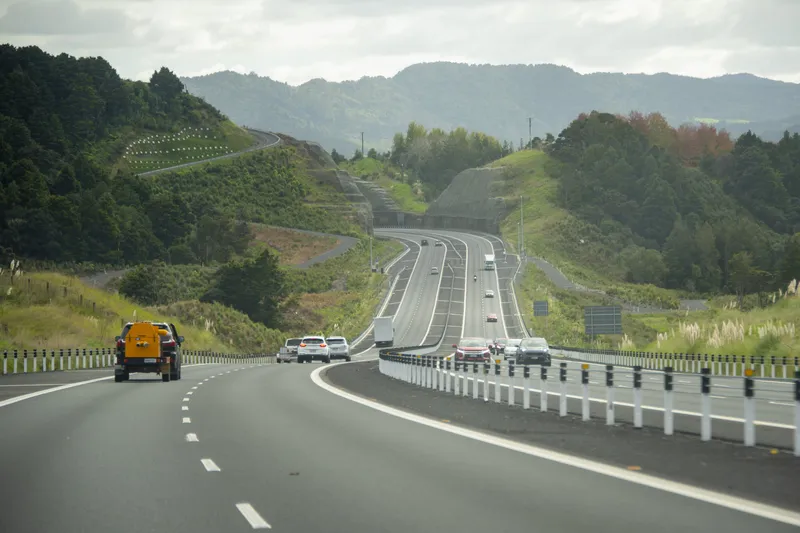The Colombian government is to release funds of US$12.27 billion from the national budget for the Autopistas de la Prosperidad road programme, involving nine road concessions. Concession holders will invest US$7.4 billion into these projects; since monies from tolls will be insufficient to complete all works, the government will inject further funds of US$23.2 billion over the next decade.
Ministers have stressed the importance of this road infrastructure and the need to speed up the process. This news
September 25, 2013
Read time: 2 mins
The Colombian government is to release funds of US$12.27 billion from the national budget for the Autopistas de la Prosperidad road programme, involving nine road concessions. Concession holders will invest US$7.4 billion into these projects; since monies from tolls will be insufficient to complete all works, the government will inject further funds of US$23.2 billion over the next decade.
Ministers have stressed the importance of this road infrastructure and the need to speed up the process. This news is significant as it will facilitate the tender for the first five concessions of Autopistas de la Prosperidad, involving 580 kilometres of motorways that will be launched on 30 September 2013. These five projects include Cordoba-Sucre, Santander-Cundinamarca-Tolima and Caldas-Risaralda, as well as a connection to northern Colombia and an Antioquia-Pacific Ocean road. Four additional concessions of 680 kilometres, including two linked to the Autopista al Mar motorway as well as the Rio Magdalena and the Caucasia concessions, are in the pre-qualification stage and will be put out to tender in December 2013 or January 2014.
Ministers have stressed the importance of this road infrastructure and the need to speed up the process. This news is significant as it will facilitate the tender for the first five concessions of Autopistas de la Prosperidad, involving 580 kilometres of motorways that will be launched on 30 September 2013. These five projects include Cordoba-Sucre, Santander-Cundinamarca-Tolima and Caldas-Risaralda, as well as a connection to northern Colombia and an Antioquia-Pacific Ocean road. Four additional concessions of 680 kilometres, including two linked to the Autopista al Mar motorway as well as the Rio Magdalena and the Caucasia concessions, are in the pre-qualification stage and will be put out to tender in December 2013 or January 2014.








